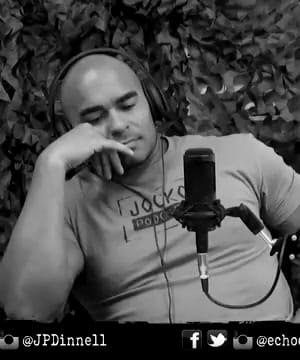What are the survival instincts in war?
Sources:
Survival instincts in war can manifest in various ways, often driven by both physiological reactions and ingrained training. Here are key points discussed by experts on the subject:
-
Subconscious Adjustments:
- Jocko Willink notes that in the heat of battle, soldiers often subconsciously try to make themselves smaller targets by slightly slouching their backs or lowering their heads. This isn't a conscious decision but a natural survival instinct when faced with imminent danger 1.
-
Response Spectrum:
- The reaction to combat can range widely among soldiers. Some may succumb to fear and move into self-preservation mode, while others continue to perform their duties under extreme stress. At the extreme end of the spectrum, some individuals repeatedly risk their lives to protect their comrades, driven by a deep sense of duty and selflessness 2.
-
Importance of Morale:
- High morale plays a crucial role in combat effectiveness and the ability to overcome the basic human instinct of self-preservation. Maintaining high morale involves facing and triumphing over discomforts and dangers rather than avoiding them. This psychological edge helps soldiers rise above the basic instinct to merely survive and instead focus on the mission 3.
-
Value of Group Cohesion:
- Sebastian Junger discusses how trauma and recovery are tightly linked to group experiences. Historically, humans have adapted to trauma quickly because of the support from their communities. In modern military contexts, soldiers experience trauma as a group but often return to less cohesive environments, which complicates recovery 4.
These insights reveal that survival instincts in war are multifaceted, involving both physical reactions and psychological resilience, deeply influenced by training, morale, and group dynamics.
RELATED QUESTIONS-


